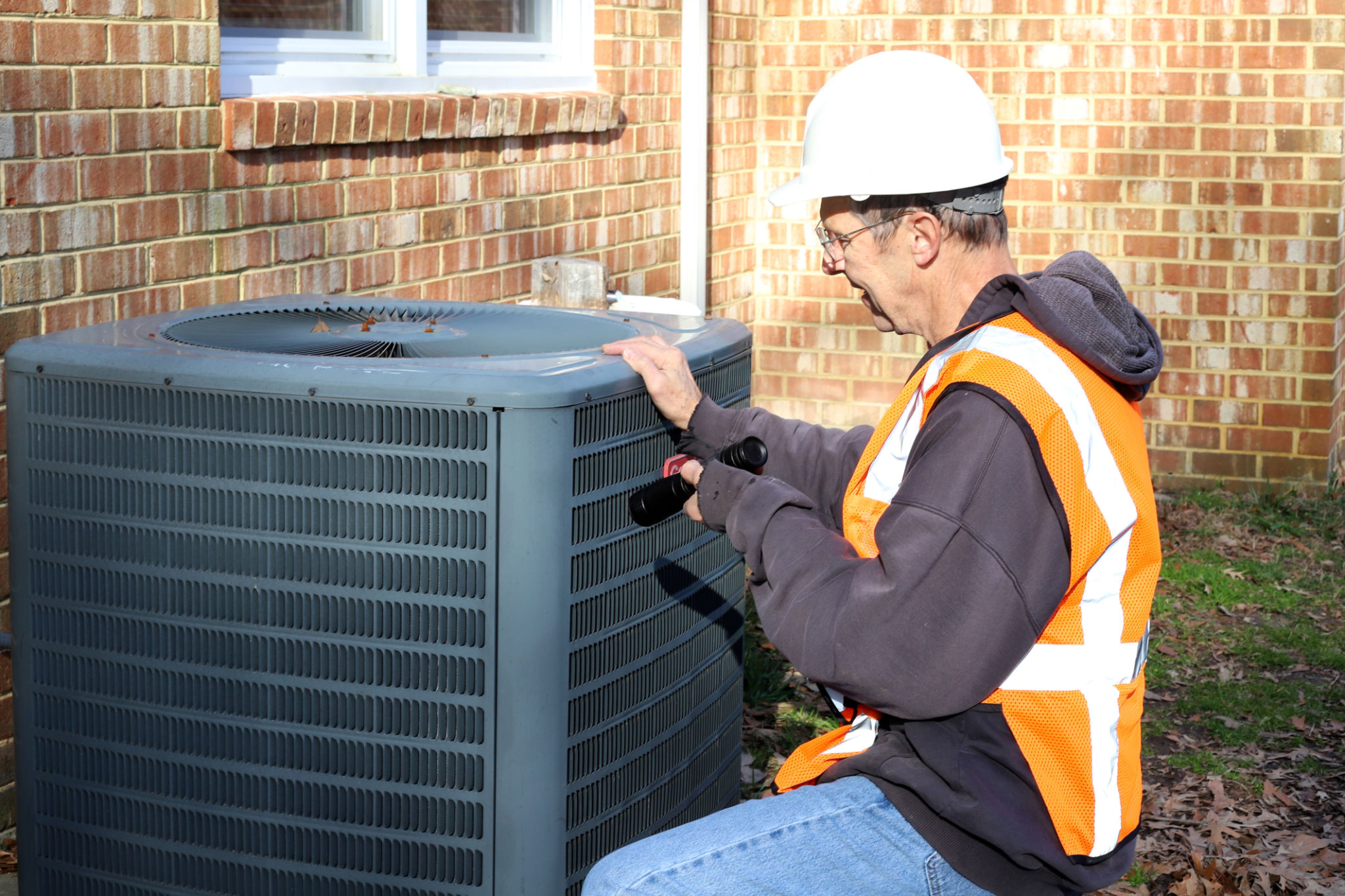Expert Advice: When to Repair or Replace Your AC Unit
Understanding the Lifespan of Your AC Unit
Air conditioning units are a significant investment for any homeowner, providing much-needed relief during the sweltering summer months. However, like all mechanical systems, they have a finite lifespan. On average, an air conditioning unit lasts between 10 to 15 years. Understanding the expected lifespan of your system can help you make informed decisions about whether to repair or replace it.

As your AC unit ages, its efficiency decreases, leading to higher energy bills and less effective cooling. Regular maintenance can extend the life of your unit, but there comes a time when repairs become less cost-effective. Knowing when to stop repairing and start considering replacement is crucial for maintaining comfort and saving money in the long run.
Signs Your AC Unit Needs Repair
Some issues with your air conditioning unit can be resolved with simple repairs. Here are some common signs indicating that your AC might need professional attention:
- Strange Noises: Unusual sounds like grinding or squealing can indicate mechanical problems.
- Poor Airflow: If certain areas of your home aren't cooling effectively, there might be an issue with the ductwork or compressor.
- Frequent Cycling: If your AC is constantly turning on and off, it might be time for a tune-up.

Addressing these issues promptly can prevent further damage and extend the life of your AC unit. Regular maintenance checks can also help catch these problems early and keep your system running smoothly.
When to Consider Replacing Your AC Unit
There are instances when replacing your air conditioning unit is more economical than repairing it. Consider the following factors when deciding if replacement is the best option:
- Age of the Unit: If your AC is over 10 years old and requires frequent repairs, it might be time for an upgrade.
- High Energy Bills: Older units are less energy-efficient, leading to increased electricity costs.
- Refrigerant Type: Units using outdated refrigerants like R-22 are more expensive to repair due to phased-out production.
Benefits of a New AC Installation
Investing in a new air conditioning system offers several advantages. Modern units are more energy-efficient, reducing your monthly utility bills. They also feature advanced technology for better temperature control and quieter operation. Additionally, new systems often come with warranties that cover parts and labor, providing peace of mind for years to come.

Ultimately, the decision to repair or replace your AC unit depends on various factors, including age, efficiency, and cost-effectiveness. Consulting with an HVAC professional can provide clarity and guidance tailored to your specific needs.
Expert Tips for Maintaining Your AC Unit
Whether you decide to repair or replace your air conditioning system, proper maintenance is key to prolonging its life and ensuring optimal performance. Here are some expert tips to keep your AC running efficiently:
- Schedule regular maintenance checks with a professional technician.
- Regularly clean or replace air filters to ensure proper airflow.
- Keep outdoor units clear of debris and vegetation.
By following these maintenance tips, you can enjoy a comfortable and energy-efficient home environment year-round. Remember, staying proactive with your AC care will save you time and money in the long run.
